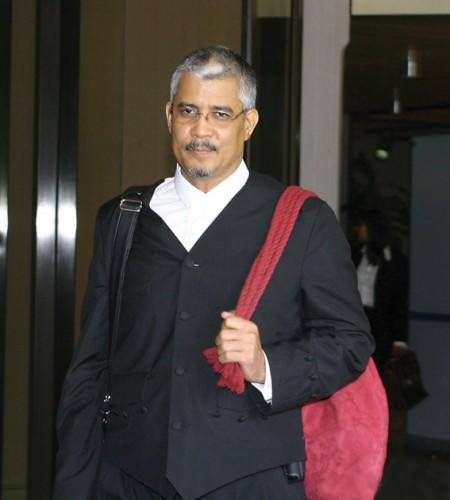Police can defend themselves

THE law does not bestow on police officers a blanket authorisation for a shoot to kill policy, the Law Association (LATT) has said.
The association has added its voice to the debate on the appropriate use of force by police against the backdrop of Police Commissioner Gary Griffith’s “one shot, one kill” stance. Griffith has repeatedly insisted he will not change his position and has traded words with some, including attorney Wayne Sturge, who criticised the policy.
However, the LATT says the use of deadly force must always be proportionate to the threat posed.
“If a police officer uses no more force than is reasonable to repel an attack, such force is not unlawful and no crime is committed. Shooting to death someone who points a gun at a police officer is easily defensible; shooting to kill in response to an attack with fists is more likely to be held excessive and not sanctioned by law.”
The LATT said the commissioner was correct in asserting the right of police officers to use deadly force in self-defence when fired on, and in his claim that his police officers may act pre-emptively in self-defence where such an attack is imminent. “A police officer who is about to be attacked does not have to wait for his assailant to strike the first blow or fire the first shot.”
The LATT recognised that members of the protective services risked their lives on a daily basis in the face of “an increasingly well-armed, daring and ruthless criminal element.
“The decision whether deadly force is justifiable in any given circumstance is likely to be made with little time to weigh the options and with the consequences of error either way being tragic,” it acknowledged.
It said police officers were entitled to be protected from threats to their lives from dangerous criminals as much as the public was entitled to be protected from trigger-happy police officers.
“The law seeks to balance these competing interests,” the LATT said, advising the commissioner to seek to ensure that that balance is maintained. It encouraged him to co-operate with any investigation by the Police Complaints Authority (PCA).
Of concern to the LATT, however, was what it viewed as the commissioner’s “overly strident” attack on critics of his policy.
The LATT said that might upset the delicate balance the law sought to instil. It referred to a recent report of the killing of a man by police who were attacked by a group of men throwing bottles.
“If accurate, it is not at all obvious that the shooting in this instance was no more than was reasonable to repel the attack.
“Yet still, in response to a criminal-law attorney who is entitled to question the application of the ‘one shot, one kill’ policy, the commissioner responded rather disparagingly, accusing the attorney of having an agenda and looking after ‘the wellbeing of those who pay him.’”
The LATT suggested restraint by the commissioner in his response to issues raised by the police as it reminded that, as a public official, he must be sensitive to obvious freedom-of-expression considerations.
“There is the additional danger that the commissioner may be setting himself up as being unaccountable to the public who must not deign to criticise his stewardship. “There is the further danger that he may be sending the wrong signal to his officers, that their legal obligation to ensure that their use of deadly force must be proportionate to the attack can be blithely ignored.”
It urged caution and restraint on all sides.


Comments
"Police can defend themselves"